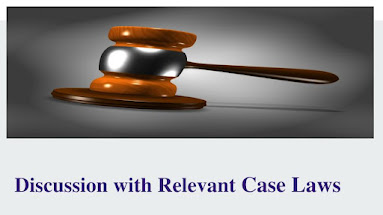Article 48 of the Indian Constitution: Protection and Improvement of Environment and Welfare of Animals in the Modern Era
.jpg)
Article 48 of the Indian Constitution: Protection and Improvement of Environment and Welfare of Animals in the Modern Era Introduction Article 48 of the Indian Constitution embodies the directive principle of state policy that focuses on the protection and improvement of the environment and the welfare of animals. In the current modern era, marked by environmental degradation and the need for sustainable development, it is essential to discuss the scope, implications, and relevant case laws associated with Article 48. Understanding Article 48 Article 48 is a part of the Directive Principles of State Policy (DPSP) enshrined in Part IV of the Indian Constitution. It states that the state shall endeavor to organize agriculture and animal husbandry on modern and scientific lines, and shall take steps for the preservation, improvement, and protection of forests and wildlife. It further emphasizes the need to safeguard the environment and prevent cruelty to animals. Relevant Case Laws Shapin...
.jpg)
.jpg)
.jpg)
.jpg)
.jpg)
.jpg)
.jpg)
.jpg)
.jpg)
.jpg)
.jpg)
.jpg)
.jpg)